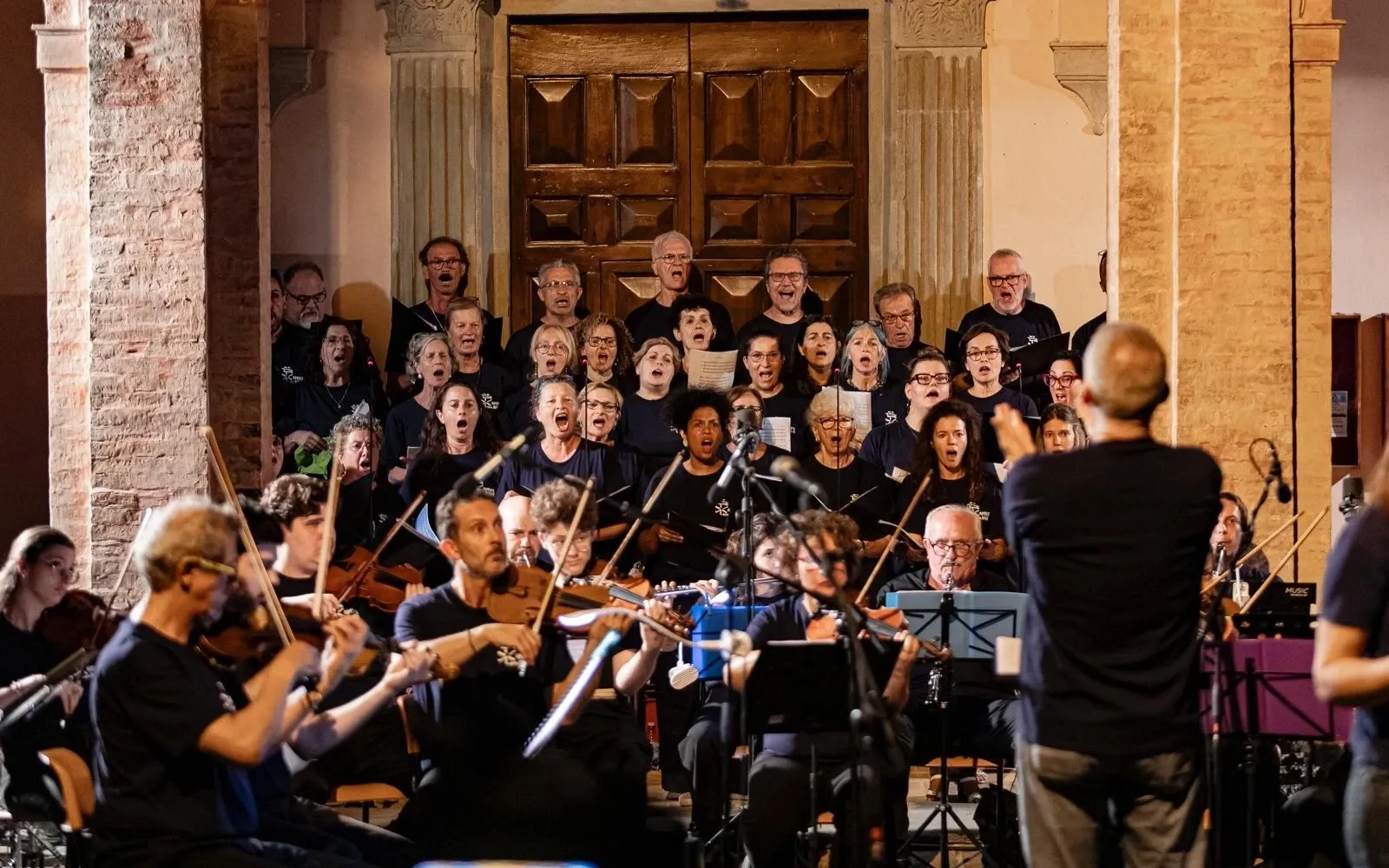At approximately 1 p.m. the villagers noticed a helicopter variously described as white or “silver” hovering over Maikori and firing vertically down at the defenders, Greece said.
Claims denied
Nigerian media have reported that the claim that the helicopter fired on village defenders has been debunked. Villagers, however, are standing by their account.
To clear the air on disputed versions of the incident seven heads of state police agencies met with village leaders on June 20 in Kufana.
“Aruwan said while the Government had not totally succeeded in its primary assignment, it was however doing its best to ensure that they had come also to clarify some lingering ‘misrepresentations’ being championed by some enemies of progress and of the government,” Stingo Usman, a Christian community leader in Maraban Kajuru who attended the meeting, told CNA.
(Story continues below)
The service chiefs at the meeting asserted that “it was impossible that the army helicopter had fired on the residents,” Usman said. None of the service chiefs who spoke were present during the attack, he added.
According to Stingo Usman, Ibrahim Usman, the village head of Dogon Noma, contradicted Aruwan’s account. The village head told the authorities at the meeting that “a helicopter arrived and the locals thought relief had come to them until they realized that they were being attacked by both the helicopter and the bandits,” Stingo Usman related to CNA in a text message.
“The youth then had to run for their lives and from that point, the armed Fulani bandits got access to the village and burned the whole village down, and also killed two people there,” Stingo Usman wrote, recounting Ibrahim Usman’s statements at the meeting.
The representative of Kajuru County in the Nigerian House of Representatives, Yakubu Umar Barde, has called for an investigation of possible complicity between the Nigerian military and the terrorists.
In addition, calls for an internationally led forensic investigation of complicity between Muslim terrorists and rogue military units have come from Baroness Caroline Cox, a member of the United Kingdom’s House of Lords, and Gregory Stanton, a retired U.S. Foreign Service officer and the founder of Genocide Watch.
Security officials drew criticism for failing to stop the blasphemy murder of college student Deborah Emmanuel on the campus of Shehu Shegari teachers’ college in Sokoto on May 12.
There have been additional complaints lodged against the lax response by the military and police to other attacks blamed on radicalized Fulani Islamists, including a massacre Jan. 11 in Te’Egbe, in Plateau State, and on March 20 in Kagoro in southern Kaduna.
The inactivity and in some cases complicity of the military in terrorist attacks in the past has been noted by the human rights watchdog, Amnesty International.
"Amnesty International found evidence showing that security forces received information about impending attacks and in some cases, came in contact with attackers but did nothing to stop or prevent the attacks,” the organization said in a 2018 report.
“Many attacks lasted for hours, in some cases days, even in communities where security forces were not far away,” the report said.








